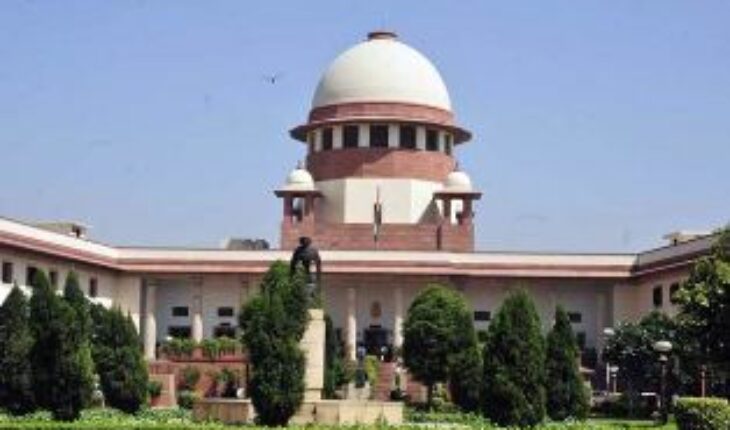The Supreme Court has made it clear to parties before the Allahabad High Court in the Babri Masjid-Ram Janmabhoomi dispute said that it will deal with the instant matter as a “pure land dispute” and indicated that impleadment applications of those which were not before the High Court would be dealt with later.
Rejecting a lawyer’s contention in the case that the matter involved the faith of crores of Hindus, the bench of Chief Justice of India Dipak Misra, Justices Ashok Bhushan and S Abdul Nazeer said: “We can’t address these kind of arguments. We are treating it as a land dispute. There are appeals and cross-appeals.”
To another lawyer, who was representing 32 activists and wanted to implead in the matter since they were “very concerned about the outcome of the case”, the bench said “applications for impleadment and intervention shall be considered at the appropriate time”.
The special bench, asking parties to file in two weeks English translation of documents exhibited by them, said that it would hear the appeals on March 14 and clarified that it never intended to hear the case on a “day-to-day basis”.
The bench, also comprising Justices Ashok Bhushan and S A Nazeer, said it will deal with the instant matter as a “pure land dispute” and indicated that impleadment applications of those which were not before the High Court would be dealt with later, reports said.
The top court said the excerpts of vernacular books, which have been relied upon in the case, be translated in English and be filed within two weeks from February 8.
The apex court also directed its Registry to provide copies of video cassettes, which were part of high court records, to parties on actual cost, the reports pointed out.
The special bench of the apex court was set up following 14 appeals filed against the high court judgment delivered in four civil suits.
A three-judge bench of the Allahabad High Court, in a 2:1 majority ruling, had in 2010 ordered that the land be partitioned equally among three parties — the Sunni Waqf Board, the Nirmohi Akhara and Ram Lalla.




